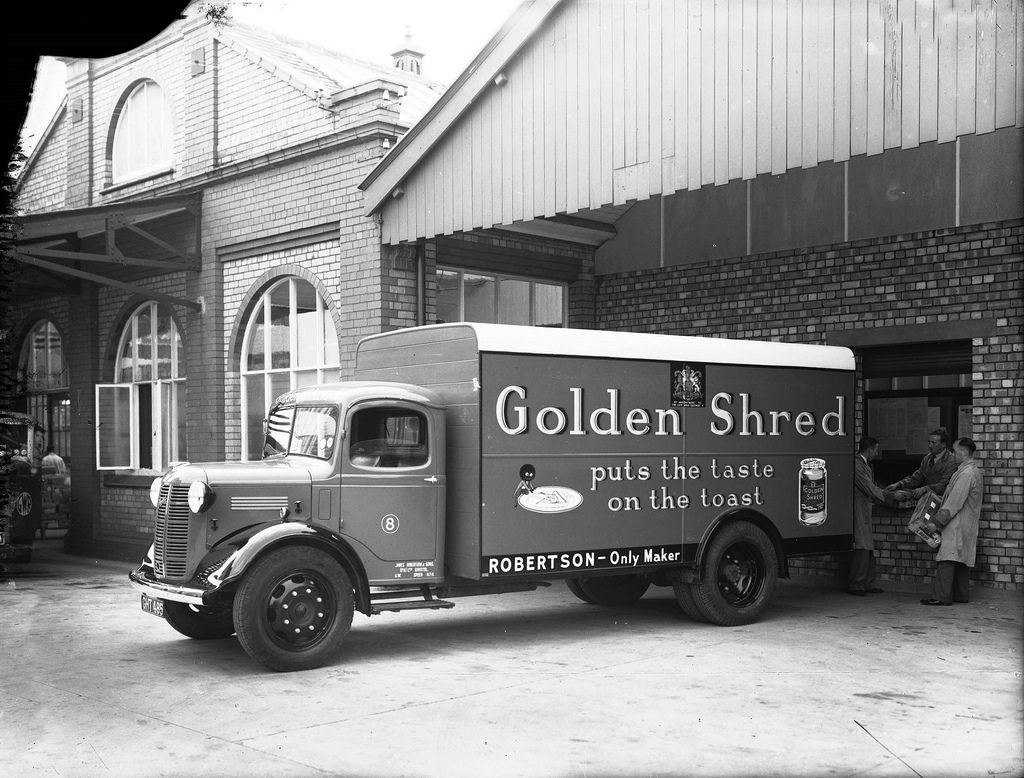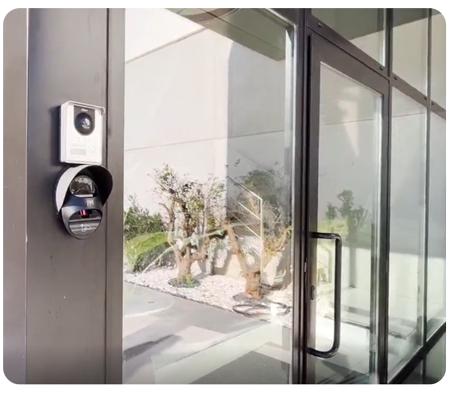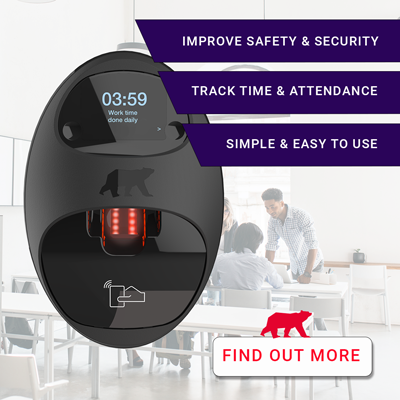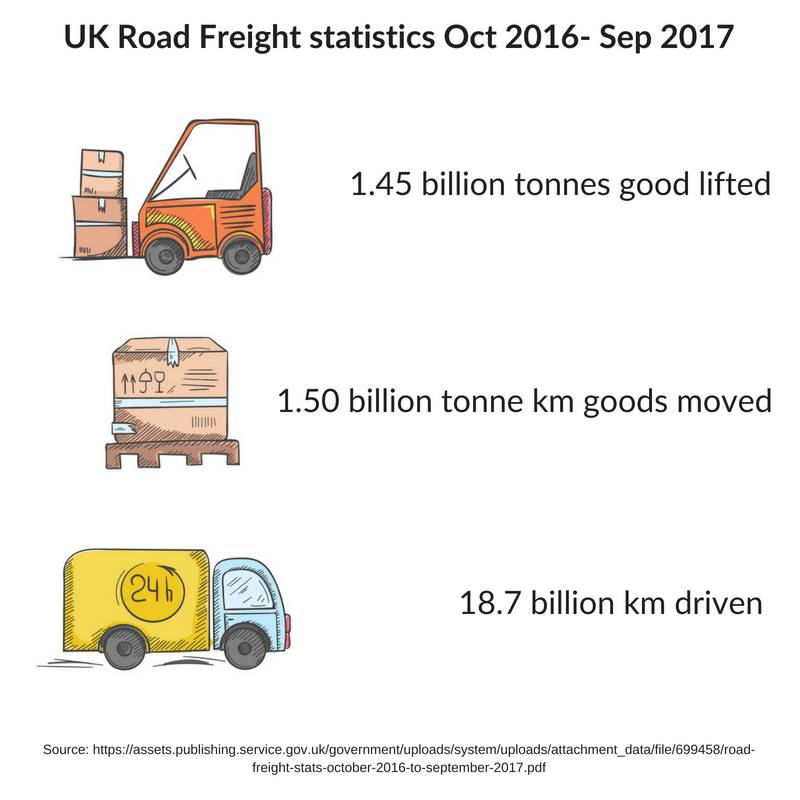

Blog
Haulage companies – time is money
Almas Team

89% of all goods transported by land in Great Britain are moved directly by road (but even the 20% that is not moved by road often needs road haulage to complete journeys to/ from ports, airports or rail terminals).
Road haulage is an essential part of the fabric of the UK, supplying goods to people and businesses. Haulage is a highly competitive marketplace but a low-margin business. It is a service-driven industry, responding to fluctuating customer demand. The industry today is strongly IT-led, with most operators working within a tightly regulated licensing regime that actively promotes road safety compliance. The sector must deal with variable road conditions and sometimes appalling congestion while delivering safely on-time to customers. In this article, we will consider how biometric time and attendance systems can offer road haulage businesses a way to save time & money by monitoring working hours, overtime, pay, & training.
Statistics on road haulage
The statistics on the road haulage industry in the UK make for interesting reading, and show just what a large part the industry places in the UK’s overall economy:
- 89% of all goods transported by land in Great Britain are moved directly by road (but even the 20% that is not moved by road often needs road haulage to complete journeys to/ from ports, airports or rail terminals).
- 98% of all food and agricultural products in Great Britain are transported by road freight.
- 98% of all consumer products and machinery in Great Britain are transported by road freight.
- 2.54 million people work in the haulage and logistics industry.
- The sector is the UK’s fifth-largest employer.
- 600,000 Goods Vehicle driving license holders.
- Industry worth £124Bn GVA to the UK economy.
- 493,600 commercial vehicles over 3.5 tonnes are registered in the UK.
Biometric control systems which can be used to manage employee’s time and attendance, are a very powerful tool for haulage companies, who must ensure that they are working within UK regulations.
Regulations
There are many regulations covering the use of good vehicles mostly relating to the number of hours you can drive and the breaks that you need to take in any given day. There are 3 sets of rules that could apply to any journey: EU rules, AETR rules and GB domestic rules. The rules that apply depend on the type of vehicle you’re driving and which country you’re driving in. Many haulage companies operate within Europe, so often multiple sets of regulations must be applied.
‘Driving time’ is the duration of driving activity recorded either by the recording equipment or manually when the recording equipment is broken.
Even a brief period of driving under EU rules during any day by a driver will mean that they are in scope of the EU rules for the whole of that day and must comply with the daily driving, break and rest requirements; they will also have to comply with the weekly rest requirement and driving limit.
Monitoring time and attendance
As you can imagine, if you run even a small fleet of haulage vehicles, monitoring time and attendance can be a very complicated process. Added to this is the need for secure warehouse storage, which is an essential part of any haulage business. While digital tachometers were fitted to UK haulage vehicles registered from 2006, recording information about driving time, speed and distance, they do not provide a means of managing staff directly. To do this, you need to have a system which will allow you to:
- Log working hours
- Schedule working hours, absences and leave
- Manage overtime
- Analytically track working hours
- Calculate the variable pay elements
- Manage training, absences, and medical appointments
Biometric systems are an extremely useful tool for haulage companies, allowing them to get rid of cumbersome and complicated paper, card, key or pin-based attendance management systems. These are often prone to falsification, error, and inaccuracy. A system that uses fingerprint scanners, offers a reliable, simple and very secure way to manage time and attendance. Human fingerprints are detailed, nearly unique, difficult to alter and durable over the lifetime of an individual, making them very suitable as a marker of personal identity. The convenience, security, and performance of fingerprint recognition systems have made them the most widely used biometric system on the market.
Biometric time and attendance systems can enable haulage companies to have full control of all employees working hours and help to control labour costs by reducing over-payments often caused by transcription or interpretation error. A biometric system can help protect from payroll fraud, while providing reassurance that wage payments are accurate. Most importantly, a biometric system can help prevent haulage companies from breaking working patterns rules, EU working time regulations and the EU road transport directive regulations, all of which are finable offences.
The power of biometrics
Our OPTIMA Ultra biometric reader, which uses fingerprint recognition, allows each employee to log into their account and check their working hours against the schedule. With the extension OPTIMA Time, employee hours worked are automatically calculated, simplifying payroll and administration. Absence requests can be made and entitlement viewed by each employee. If you integrate OPTIMA Ultra and Time with CCTV and biometric access control, you have a secure, effective system to monitor your drivers and warehouse workers movements.
As market leaders, innovators, manufacturers, and installers of fingerprint and vein technology systems, Almas Industries are well placed to help haulage businesses with all aspects of biometric control, time and attendance, CCTV and security. Our systems are effective, highly secure and easy to operate. You can arrange your free, no obligation security survey by calling us on 0333 567 6677. If you prefer, you can always send a confidential email via enquiries@almas-industries.com.




